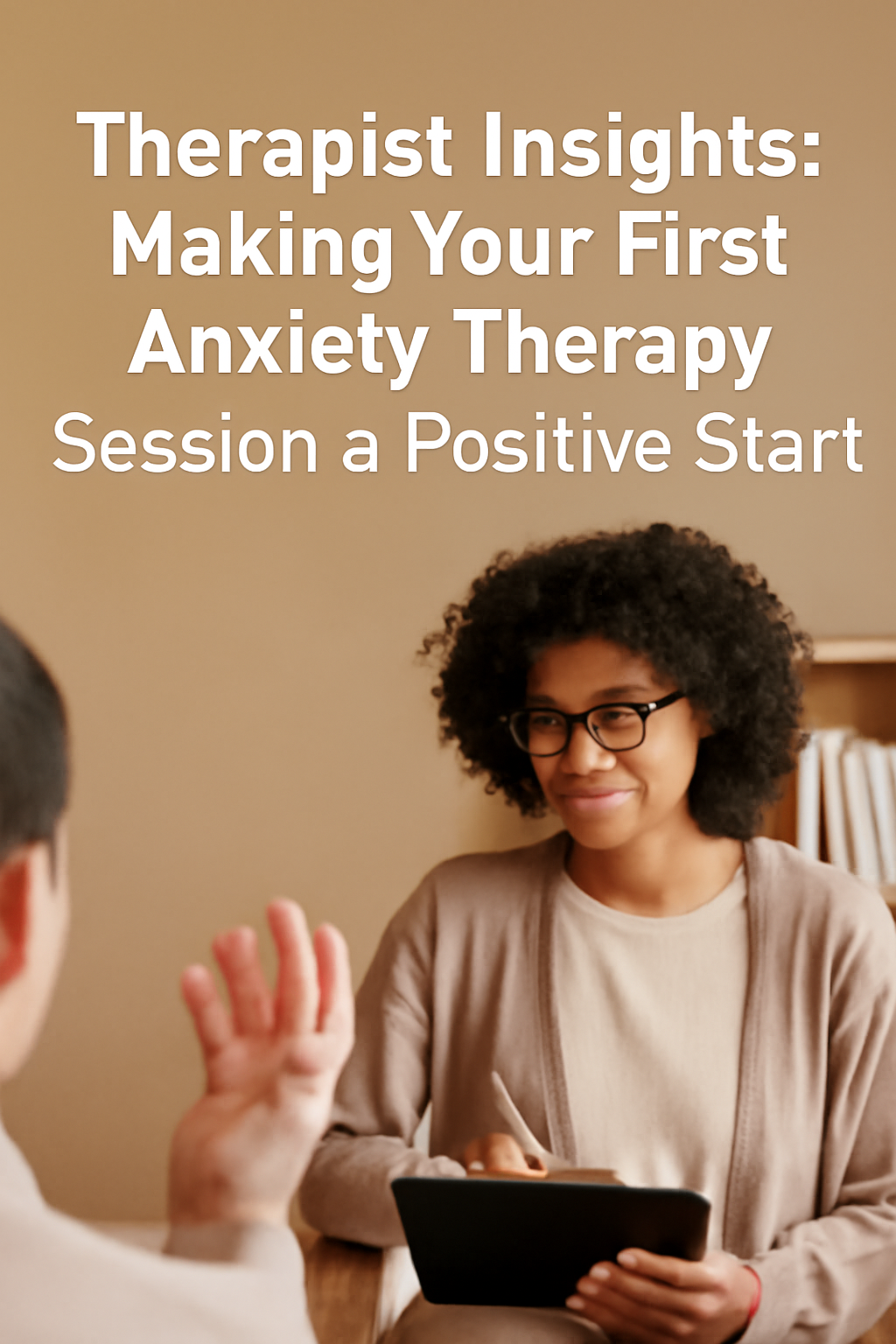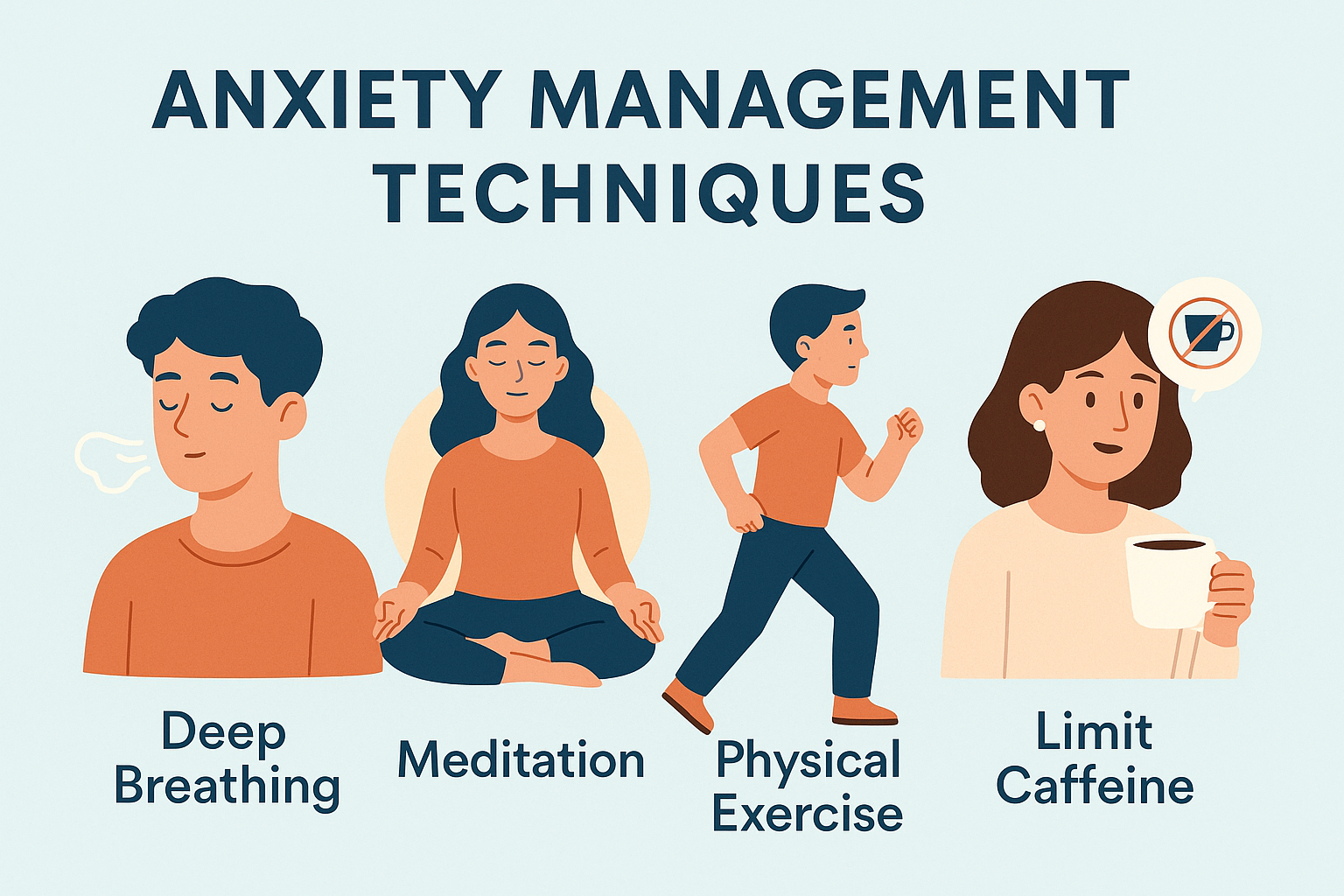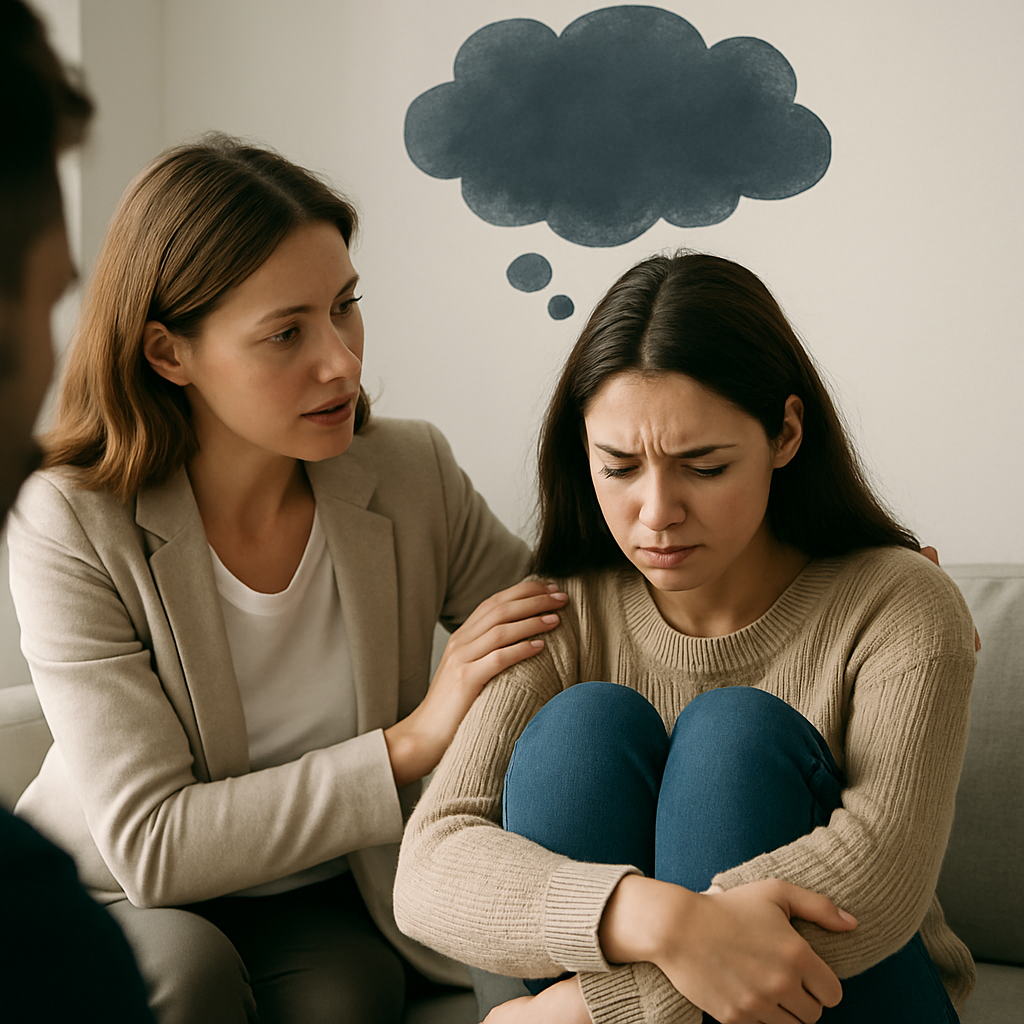
Therapist Insights: Making Your First Anxiety Therapy Session a Positive Start
Anxiety, curiosity, and even a little fear can all surface while beginning anxiety therapy. It's normal to wonder what your first therapy session will be like. Will you need to share everything immediately? Will your therapist truly understand what you’re experiencing?
At Beckloff Behavioral Health Center, we believe taking care of your mental health should feel safe and supportive from the very first step. Your first therapy session is about building a connection, sharing your concerns at your own pace, and working together on a plan that feels right for you.
Q: What is the main goal of the first therapy session?
Your first therapy session focuses on building a connection, sharing concerns at your own pace, and creating a plan that feels right for you. Think of it as an initial conversation where we build a trusting relationship.
We’ll want to understand what brings you in, what your main concerns are related to anxiety, and what you hope to achieve through therapy. It’s also a chance to get a feel for our approach and whether you think we’ll be a good fit.
Q: What kind of questions will you ask me?
We’ll likely ask you about what’s been happening in your life that led you to seek anxiety therapy. This might include questions about your current symptoms, how long you’ve been experiencing them, and how they impact your daily life.
We may also ask about your history, including any past experiences with mental health or therapy. Don’t worry, you don’t have to share anything you’re not ready to talk about. We’ll go at your pace.
Q: Do I need to come prepared with anything specific?
There’s no need to prepare a detailed presentation! Just come as you are. However, if you’ve been keeping a journal or have noticed specific patterns in your anxiety, feel free to bring those notes if you think they might be helpful.
Ultimately, the most important thing you can bring is your willingness to talk openly and honestly.
Q: Will you tell me what’s “wrong” with me in the first session?
The first session isn’t about diagnosing you or labeling your experiences. It’s more about understanding your unique situation and perspective.
We’ll work together to identify the patterns and triggers related to your anxiety. Any formal diagnosis usually comes later, after we’ve had a chance to explore your concerns more thoroughly.
Q: Will we start working on strategies to manage my anxiety right away?
While the first session is primarily for gathering information and building rapport, we might start to touch on some basic tools and strategies if appropriate.
However, the main focus will be on understanding your needs and developing a plan for future sessions. Think of it as setting the map before we start the journey.
Q: How long will the first therapy session last?
Typically, a first therapy session lasts around 45 to 60 minutes. This gives us enough time to connect, discuss your concerns, and answer any initial questions you might have.
Starting anxiety therapy is a brave step, and your first therapy session is a crucial part of that process. It’s a chance to connect with a supportive professional, share your experiences, and begin to create a path toward greater well-being.
At Beckloff Behavioral Health Center in Dallas, we help you find strategies that bring peace as you manage anxiety.
If you have any questions, we’re here to help. Schedule your first session.



